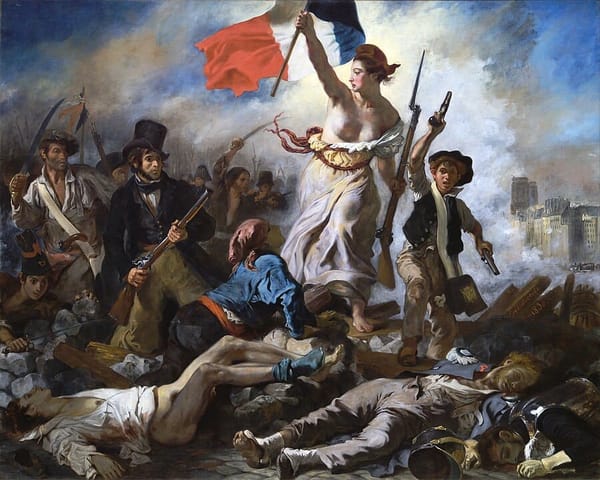The Rise of Arab Influence in World Football: A Closer Look

The world of football has witnessed significant developments in recent years, and one cannot overlook the rise of the Saudi Football League and the growing influence of Arab nations in the sport. While Europe has traditionally dominated football, attracting top talents from around the globe, other continents are catching up, captivating both players and fans alike. This shift in power has been partly attributed to the financial investments made by state-owned sports corporations and investment funds, leading to the acquisition of renowned clubs such as Manchester City, Paris Saint-Germain, and Newcastle United. However, these takeovers have faced scrutiny from neutral parties, financial regulatory bodies, football experts, and rival fans, who question their financial implications and motives.
Sportswashing and Arab Investment
Arab wealth, generated by the state's production activities, has been strategically invested in European football clubs, leading to the phenomenon known as "Sportswashing." Notably, Qatar Sports Investment acquired Paris Saint-Germain in 2011, propelling the club to dominate the French football league, Ligue 1, with substantial investments in world-class players. Similarly, Abu Dhabi Sports Group took over Manchester City in 2008, leading to significant spending and their dominance in the highly competitive Premier League. The acquisition of Newcastle United by the Saudi's Public Investment Fund, a sovereign wealth fund with assets exceeding US$600 billion, has further reinforced Arab influence. Rumors suggest that Manchester United could be the next target for Arab investment in European football.

While financial gains may not be the primary motive for Arab investments in football clubs and hosting tournaments, there are other underlying factors. Arab nations, often criticized for alleged human rights violations and limited freedom, have sought to leverage sports as a tool of soft power, akin to other powerful nations throughout history. Football, with its immense popularity, provides a platform for positive publicity and diversion from controversies. By investing billions of dollars, these nations hope to shift public attention away from the allegations, showcasing their involvement in the global footballing landscape.
The Arab-FIFA alliance
Arab nations have gone beyond club acquisitions and have successfully secured the hosting rights for major international tournaments. Notably, Qatar, a tiny Arab state, outbid major footballing nations to host the 2022 FIFA World Cup, becoming the first Arab nation to do so. Despite allegations of bid rigging and corruption, the tournament was a resounding success in terms of the event itself, although concerns over human rights abuses were raised. The substantial investments made in hosting the World Cup highlight the Arab nations' desire to wield soft power and improve their international image through sports.

Taking the Arab influence in football a step further, Saudi Arabia has shifted its focus from buying European clubs to attracting top talent from Europe to their own domestic league, the Saudi Pro League. With the Public Investment Fund as the sole major stakeholder, Saudi Arabia aims to strengthen its league's competitiveness and raise its global profile. Furthermore, they have expressed their intention to bid for the 2030 FIFA World Cup, further solidifying their ambitions in the international footballing arena.
The rise of Arab influence in world football is a result of strategic investments in European clubs, hosting major tournaments, and attracting top talent to domestic leagues. Despite financial scrutiny and allegations of sports washing, Arab nations have successfully used football as a means to enhance their soft power and divert attention from controversial issues. The signings of star players like Cristiano Ronaldo, Karim Benzema, and N'golo Kante from top European clubs have rocketed the fame of Arabian football. However, similar attempts have been made previously by China and the US, rather unsuccessfully. Whether Arab succeeds in challenging the status quo of European football remains to be found.





